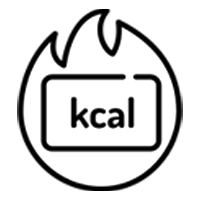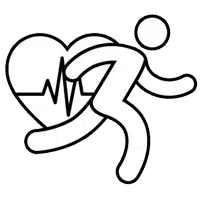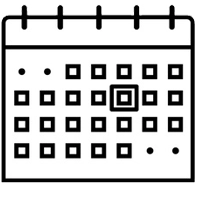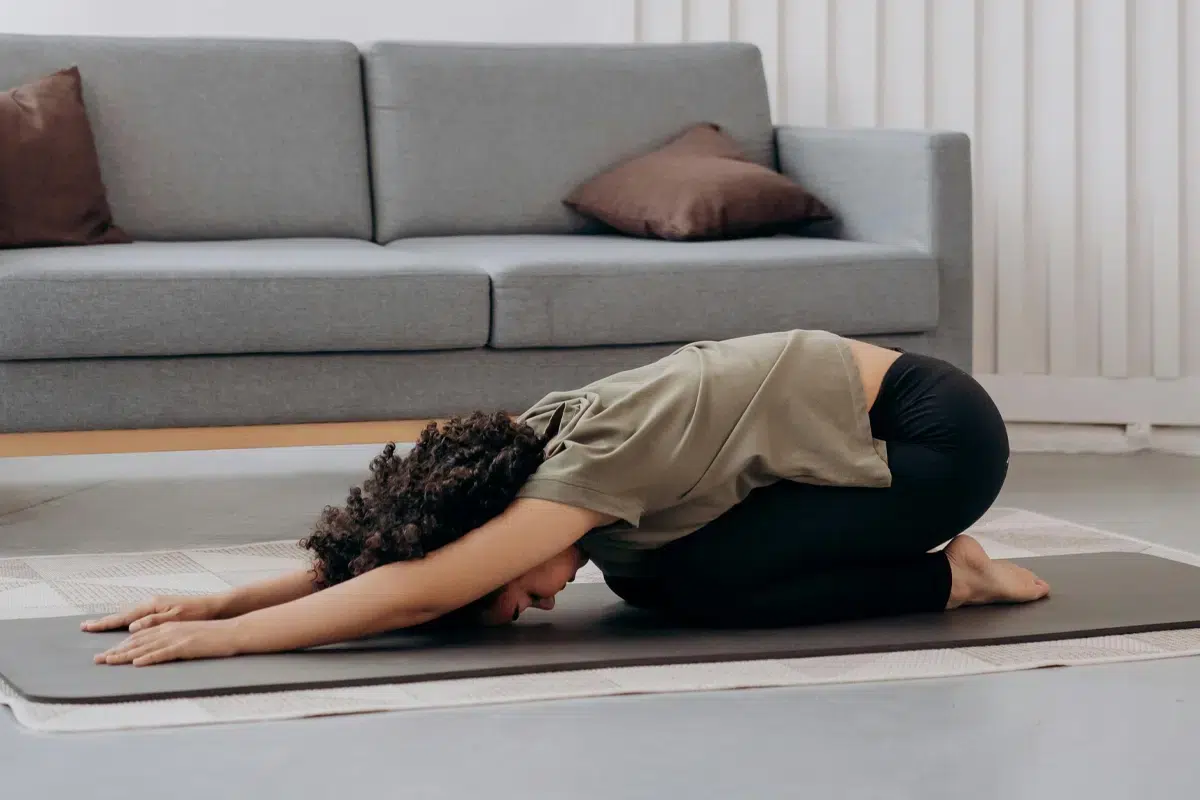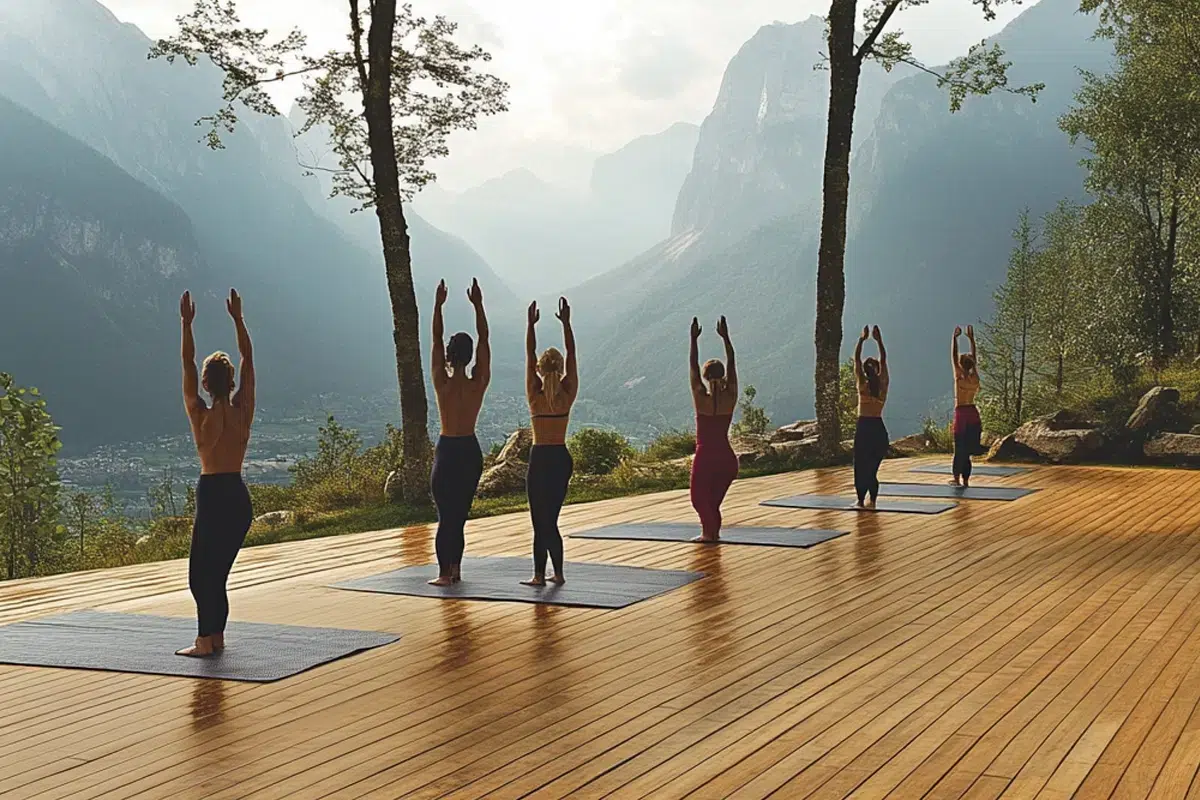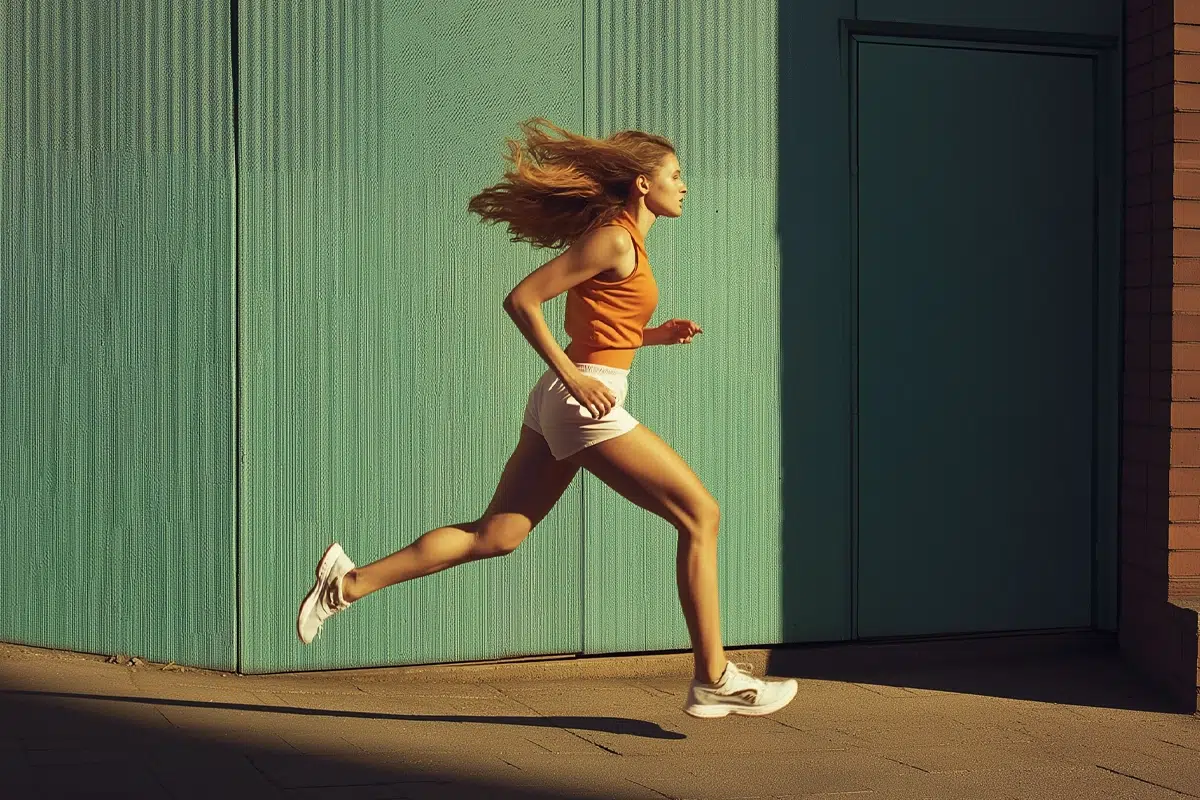Show summary Hide summary
How many calories do we burn hiking and trekking?
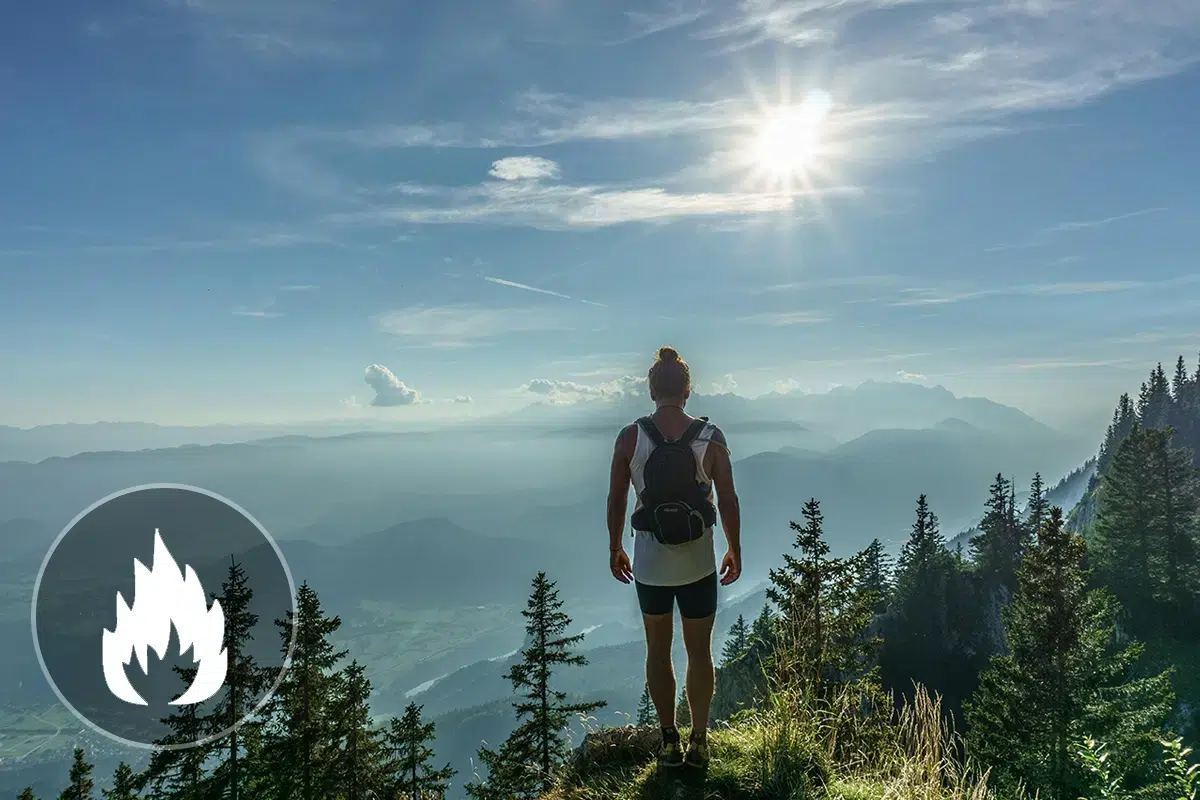
All you need to know about hiking
🥾 Wondering how many calories you burn hiking for 30 minutes, 1 hour or a full day? Simply enter your hike time and profile (age, weight, height) — our tool shows your burn rate with or without a backpack.
Discover other REGIVIA calculators:
Hiking and trekking: A few examples of energy expenditure depending on weight and activity time.
Use the table below to see how many calories you lose when hiking on the plains or in the mountains, with or without a pack!
Hiking
with rucksack
Expenditure in Kilocalories
| Weight | 15 minutes | 30 minutes | 1 hour |
|---|---|---|---|
| 40 kg | 74 | 147 | 294 |
| 50 kg | 92 | 184 | 368 |
| 60 kg | 110 | 221 | 441 |
| 70 kg | 129 | 257 | 515 |
| 80 kg | 147 | 294 | 588 |
| 90 kg | 165 | 331 | 662 |
Hiking
without rucksack
Expenditure in Kilocalories
| Weight | 15 minutes | 30 minutes | 1 hour |
|---|---|---|---|
| 40 kg | 63 | 126 | 252 |
| 50 kg | 79 | 158 | 315 |
| 60 kg | 95 | 189 | 378 |
| 70 kg | 110 | 221 | 441 |
| 80 kg | 126 | 252 | 504 |
| 90 kg | 142 | 284 | 567 |
See detailed calculations and metabolic equivalent for hiking
All you need to know about hiking
FIND OUT MORE ABOUT HIKING
Hiking is a real sport in its own right. The proof is in the eating: a 70 kg person who goes hiking for 5 hours without a rucksack will burn 2940 kcal, which gives you a real reason to go hiking.
You only have to look at the hikers who go on the Pilgrim’s Way to Santiago de Compostela or the various GR (Grande Randonnée) trails in France to see the difference in weight they gain after their journey.
Whether in mountains, forests, along coastlines or through valleys, hiking offers an enriching and revitalising experience, allowing walkers to connect with nature and discover new horizons.
Some benefits of hiking and trekking:
- Muscular strengthening: Hiking calls on many of the body’s muscles, particularly those of the legs, buttocks and back. When climbing, the calf and thigh muscles are particularly hard-working, which helps to strengthen and tone the muscles.
- Improving cardiovascular endurance: Hiking is an aerobic activity that stimulates the cardiovascular system and improves endurance. Sustained walking and continuous effort during the hike help to develop good cardiorespiratory capacity.
- Burn calories: Hiking is an excellent way to burn calories. Energy expenditure depends on a number of factors, such as the intensity of the walk, the terrain and the duration of the hike. This makes it an ideal activity for maintaining a healthy weight and promoting weight loss.
- Boosting mental health: Hiking in the great outdoors offers a soothing, relaxing experience. It allows you to escape the stresses of everyday life, recharge your batteries and reconnect with nature. Walking in the open air also encourages the release of endorphins, the feel-good hormones that give you a sense of happiness and satisfaction.
- Improved bone health: Regular walking helps to strengthen bones and prevent osteoporosis. The pressure exerted on the bones during walking stimulates bone formation and promotes bone density.
- Interaction with the environment: Hiking allows you to discover varied landscapes, breathtaking panoramas, waterways and diverse flora and fauna. It’s a chance to disconnect from city life, connect with nature and appreciate the wonders of the environment.
In conclusion, hiking is an activity that’s accessible to everyone and beneficial for both body and mind. Whether it’s for the pleasure of discovery, the quest for a personal challenge, the desire to recharge your batteries or simply to enjoy nature, hiking is an excellent way to stay active, look after your health and enjoy unforgettable moments in the great outdoors.
How to calculate the number of calories burned hiking and trekking
The result displayed is expressed in Kcal and is calculated using the MET (Metabolic Equivalent of Task). The MET for each activity is the result of statistical data and cannot therefore be interpreted as an exact calculation, but rather as an estimate that takes into account the MET value and the ratio between the time spent doing an activity and the weight of the individual.
For example: The MET value for hiking is 6. This means that a person hiking without a pack consumes 6 times more energy than when at rest during their outing in nature.
MET values for different levels of hiking intensity
- Hiking without a pack: MET = 6
- Hiking with a rucksack: MET = 7
Discover the detailed formula to calculate your daily energy expenditure while hiking and trekking
Consumption in Kcal per minute = (METs*3.5*Weight in kilos)/200
This gives for a 70 kg person hiking for 5 hours or 300 minutes:
Consumption in Kcal per minute = (6*3.5*70)/200 = 9.8 Kcal/min
So for 30 minutes = 9.8*300 = 2940 kcal for 300 minutes or 5 hours
See also: Caloric expenditure 10,000 steps
All sports in detail!
Maximize Your Caloric Burn with Hiking
Hiking is an excellent way to boost your caloric burn and improve your overall health. By incorporating more steps and increasing your physical activity, you can achieve significant health benefits. Explore the following resources to enhance your hiking routine:
- How many steps a day should you take to stay healthy?
- How long does it take to walk 10,000 steps?
- How many km is 10,000 steps?
- How many steps should you take a day to lose weight and shed pounds?
- How many steps are in a kilometer?
- How many steps should we take a day to become more active and avoid being sedentary?





